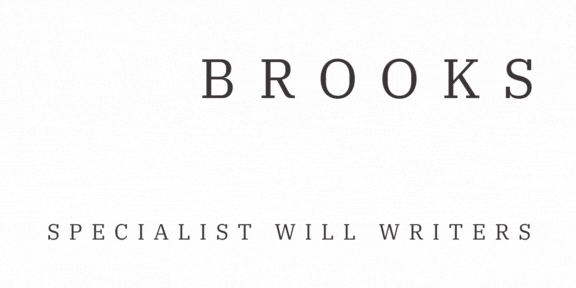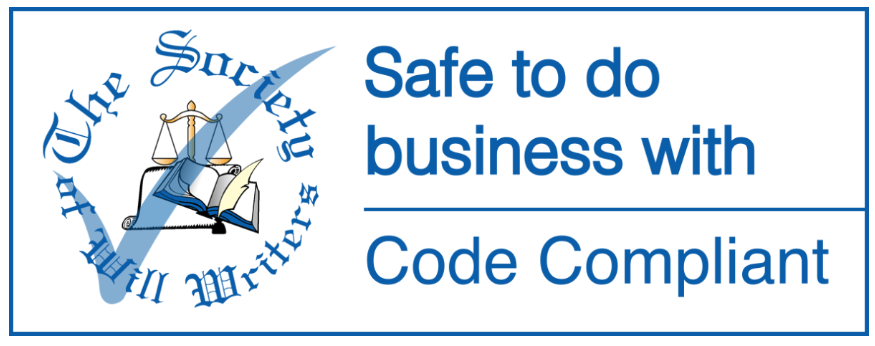Your legacy is the culmination of your life’s work and the impact you’ve made on the world. Proper estate planning is essential to ensure that your legacy is preserved and distributed according to your wishes. However, many people make the following common mistakes that can derail their plans and create unnecessary complications for their loved ones.
Procrastination
Many people put off creating a will or Lasting Power of Attorney, thinking they have plenty of time to do it later. However, we all know just how unpredictable life can be.
I have memories of a TV advert for some sort of health campaign in the late 80’s or early 90’s of a young man growing to adulthood. It starts with him as a teen eating a fry up and smoking a cigarette after playing football. You can hear the boy narrating “2 sausages, egg, chips and beans, only my mum cooks better”. He carries on waffling on about poor health decisions that he makes with a youthful lack of regret. The final scene is him in his middle ages lying in a hospital bed on heart monitors while his 2 children look on in sadness and the narrator, in mitigation of his poor life choices, finishes by saying “you could be hit by a bus tomorrow”.
Remember the advert? Take heed of this comment! You could be hit by a bus tomorrow! ou could have a stroke. Or cancer. Maybe other poor life choices that we have all made in our own way somehow creep up on us and get us. If you did, are you sure you would leave everyone in this world the way you would want them to be left? Or if you suffered a brain injury that left you without capacity. Is there someone you trust that you have already appointed to deal with your affairs? If not, a deputyship is an expensive process.
Failing to plan can leave your assets in limbo and your loved ones in a difficult situation. Start the process as soon as possible to ensure that your wishes are clear and legally binding.
Failing to update documents:
Life changes, such as marriage, divorce, birth of children, or buying property, can all have a massive impact on your estate plan. How can it have an impact? I hear you say. Let me go through each of my examples to show you.
Marriage
Unless your will expressly states otherwise, marriage revokes any existing will. Let’s say you’ve just got married to your second spouse and you have kids from teh first marriage. Your will, up until that point, left everything to your kids. You’re married now. Your will is revoked. Then you die before you make a new will. Your assets go by the rules of INTESTATCY. Your new spouse gets the majority of your assets and your kids lose out. Maybe that suits you, maybe it doesn’t. Either way you really need to give it some serious thought.
Divorce
Divorce doesn’t revoke a will. But any gift left to your spouse is treated as though your now ex-spouse died before you. So the gift fails. Let’s say your divorce is amicable and you remain friends after you separate. It’s not unheard of, people! Their gift will fail and it will pass to whoever is the residuary beneficiary. Do you want that to happen?
Birth of Children
Whether this has an impact depends on how your existing children are written into your will. Are they named individually or are they just simply referred to as “my children”? If they are written in by name and you have a new child, then the newborn will miss out unless you put them in there. If they are referred to as “my children” then fine, you’ve got that covered. But what if they are grown up? You may have one child that is more financially successful than the others. For that reason, they might not need the help and they may be better left with a reduced share in favour of the other less successful kids.
Buying Property
Buying property will have an impact dependant on who co-owns it with you and how you own the property. If you own the property by yourself then there should be no major issue unless you specifically wanted to leave the property to someone not named as a residuary beneficiary. If so, then change your will. Co-ownership of the property is different. How you own it will dictate whether your interest in the property even passes under your will. You can read here to find out more about property ownership.
Failing to update your documents accordingly can lead to unintended consequences. Regularly review and update your will to reflect your current situation and wishes.
Not considering inheritance tax implications
Estate planning involves more than just distributing your assets. You should also consider the best methods to minimise tax liability for your beneficiaries. Failing to do so could result in a significant reduction in the value of your assets. They say that the only things that are guaranteed in life are death and taxes. We can’t stop you dying and we can’t stop the HMRC. But we can certainly prepare your estate so that the HMRC get as little as legally possible. If you want to learn more about inheritance tax then follow this link
Ignoring digital assets
In today’s digital age, more and more of our assets are stored online, from social media accounts to cryptocurrency holdings. Failing to account for these digital assets in your estate plan can lead to complications and even loss of valuable resources. Make a list of all your digital assets and include instructions for how you want them to be handled after your death. Bare in mind that this may involve handing over passwords.
Choosing the wrong executor or trustee
The executors of your will play critical roles in administering your estate and ensuring your wishes are carried out. Choosing the wrong person for these roles can lead to conflicts, delays, and mismanagement of your assets. It is imperative that you pick individuals who are trustworthy, responsible, and capable of handling the responsibilities involved. If they act inappropriately or dishonestly then they will be liable.
Not communicating your wishes
One of the biggest mistakes you can make in estate planning is failing to communicate your wishes to your loved ones. There are certain things, such as funeral arrangements and final resting place of the body, that are not followed. This is generally because the will is sometimes not located until after the funeral and burial/cremation have taken place.
I’ve heard some awful stories in my time of organs being harvested and ashes being scattered somewhere, while the will stated they wanted to be buried next to someone and didn’t want to be an organ donor. I’ve heard other stories about families falling out about how best to dispose of remains because the will did not express any particular wishes on the matter. Imagine that for a minute. Your family, who are already devastated because you’re not there any more, are now at loggerheads with each other because you didn’t tell them what to do with your body.
While these parts are generally included in a will, it is best to express them to your loved ones beforehand so there is no confusion about what to do while they locate the will.











